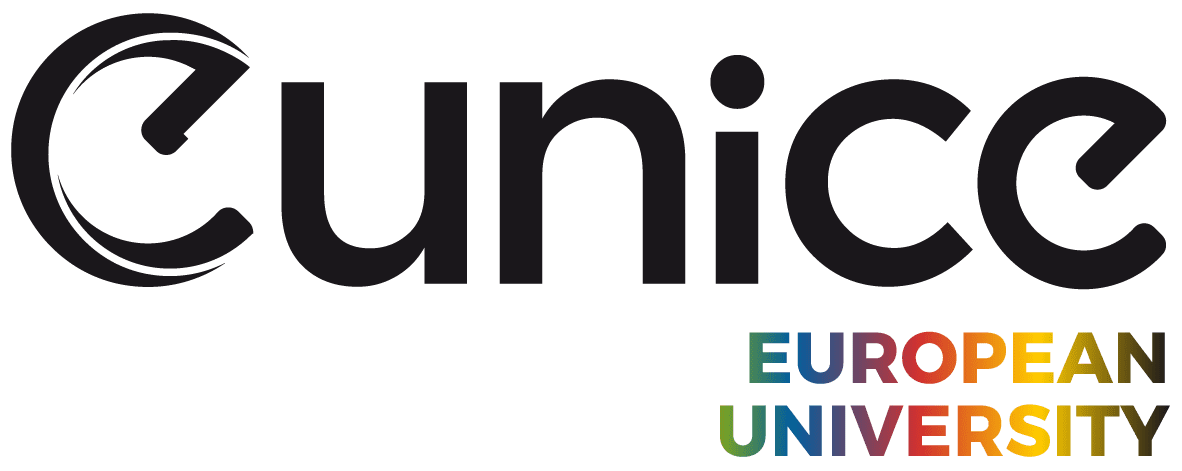Funded by Marie Skłodowska-Curie European grants, two French prehistorians will join EvoAdapta research group.
The University of Cantabria’s research group EvoAdapta obtained two new grants from Marie Skłodowska-Curie programme, which allows to incorporate researchers from other European institutions. This means EvoAdapta has already been awarded a total of five grants since 2012, when its leader Ana Belén Marín-Arroyo opened her line of research in Bioarchaeology thanks to the first Marie Skłodowska-Curie grant.
These two new scientists will join EvoAdapta research group in the “Individual Fellowships” modality to work for two years at the University of Cantabria on their respective projects:
Emily Berliot, EnviNext project. She is from the University of Lyon and will focus on reconstructing the climatic and environmental conditions in the transition from the Middle to the Upper Palaeolithic, just when the last Neanderthals groups disappeared and our species appeared. “The development of his topic is highly novel, focusing on the tooth wear of herbivores which are part of the human diet. It is a novel methodological approach, never before applied in a Spanish institution, which will open up new lines of study at the University of Cantabria,” says Marín-Arroyo.
Alexander Lefebvre, WhaleBone proposal. He is from the University of Toulouse and will study the relationship between the late Palaeolithic human groups and the marine environment, especially with the exploitation of cetaceans during the end of this period. Lefebvre has been interested in joining EvoAdapta since his postdoctoral stay at the University of Cantabria with very good outcomes, published in specialised journals such as Quaternary Science Reviews.

EvoAdapta research group. Leader Ana Belén Marín-Arroyo appears in the centre of the back row.





